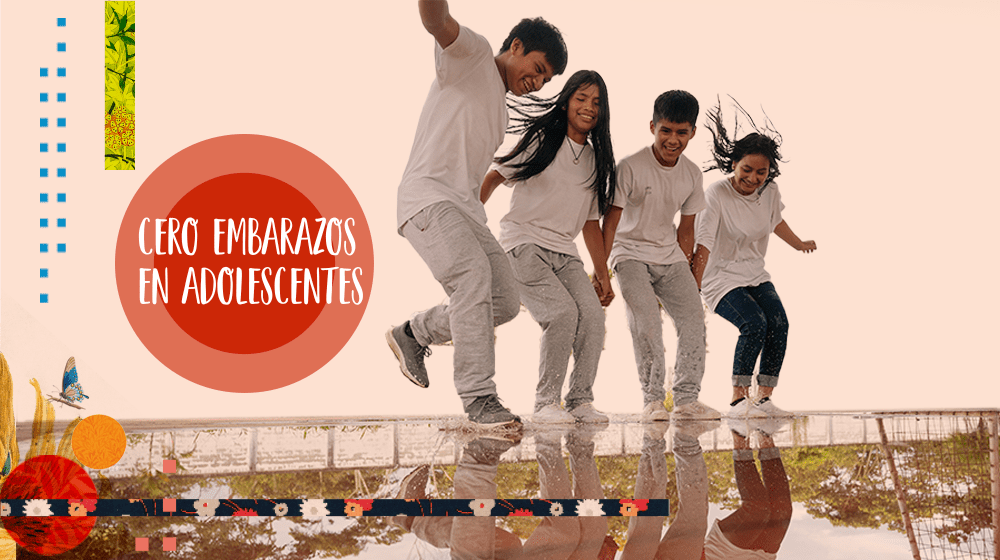Teenage pregnancy and early motherhood represent a social, political, economic, and public health challenge in Latin America. In Ecuador, each day, 5 adolescents aged 10 to 14 and 105 adolescents aged 15 to 19 give birth, highlighting the severity of this issue.
In 2018, the Ministry of Public Health, the Ministry of Education, the Ministry of Women's Rights and Human Rights, and the Ministry of Economic Inclusion and Social Development, with the support of UNFPA United Nations sexual and reproductive health agency, presented the Intersectoral Policy for the Prevention of Pregnancy in Girls and Adolescents (PIPENA) 2018-2025. This policy aims to guarantee access to information, education, health services, and protection so that adolescents can make free and informed decisions about their sexuality, free from violence and coercion
Achievements of the policy PIPENA
Since the implementation of this policy (PIPENA), there has been a reduction in the specific fertility rates of adolescents:
- 10 to 14 years: Reduction from 2.6 to 2.3 live births per thousand adolescents, representing 178 fewer births during this period.
- 15 to 19 years: Reduction from 69.5 to 47.3 live births per thousand adolescents, representing 16,081 fewer births in this age group*.
The national government has also developed investment projects in which UNFPA has provided technical assistance:
- Prevention of Pregnancy in Girls and Adolescents (PPNA) Project 2019-2022 of the Ministry of Public Health: This project strengthened comprehensive and friendly care for adolescents, promoted participation and capacity development, and fostered healthy, safe, and violence-free spaces.
- Project for the Comprehensive Approach to Sexual and Reproductive Health in Adolescents 2023-2025: Currently being implemented, this project continues the efforts of the PPNA.
- UNFPA-Organon Project for the Prevention of Adolescent Pregnancy: This project, supported by international cooperation and the private sector, has invested in priority actions to support the Ministry of Education and the Ministry of Health, both nationally and with a special focus on the provinces of Morona Santiago and Esmeraldas.
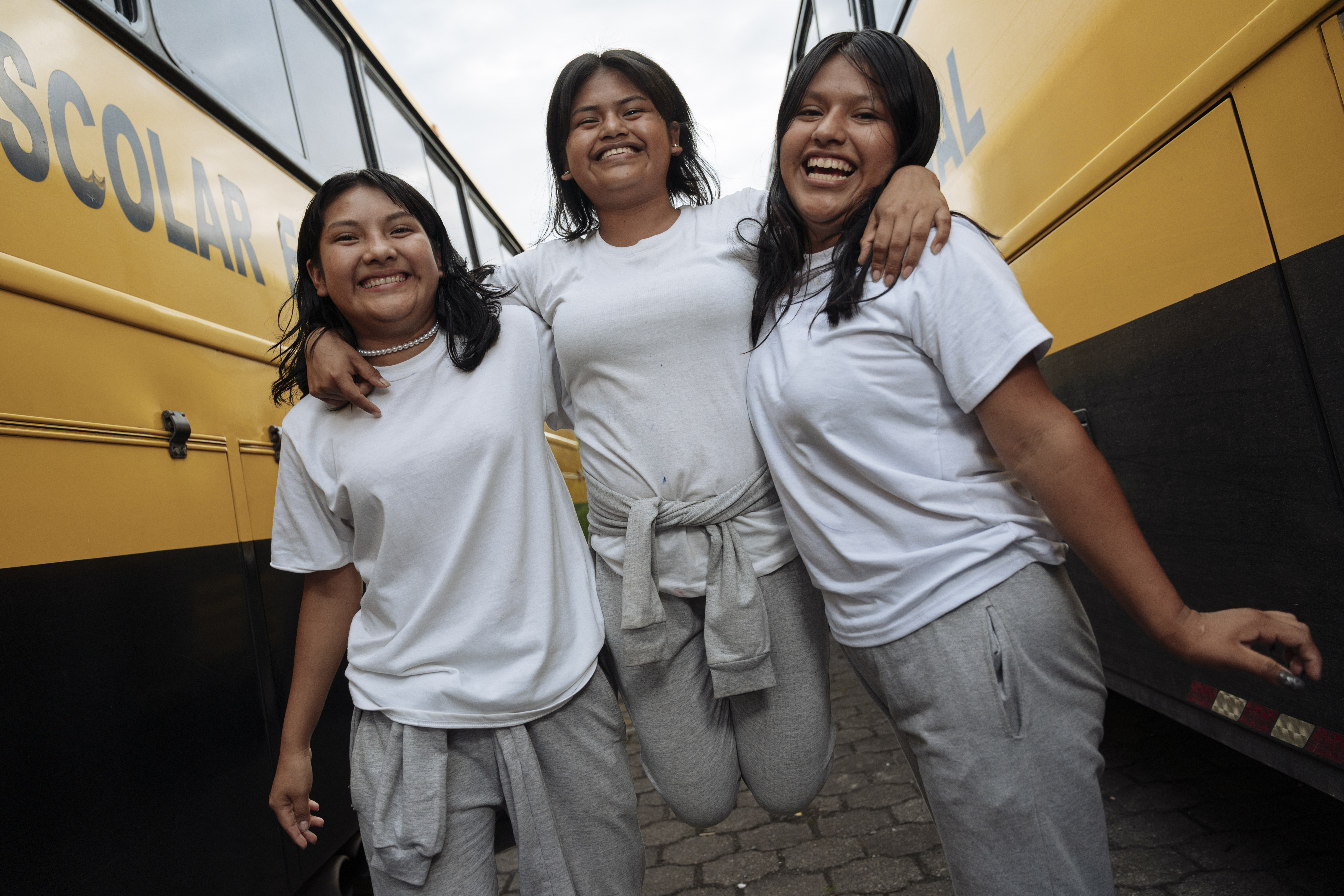
Dialogue for a Zero-Teenage-Pregnancy Ecuador - Social Pact
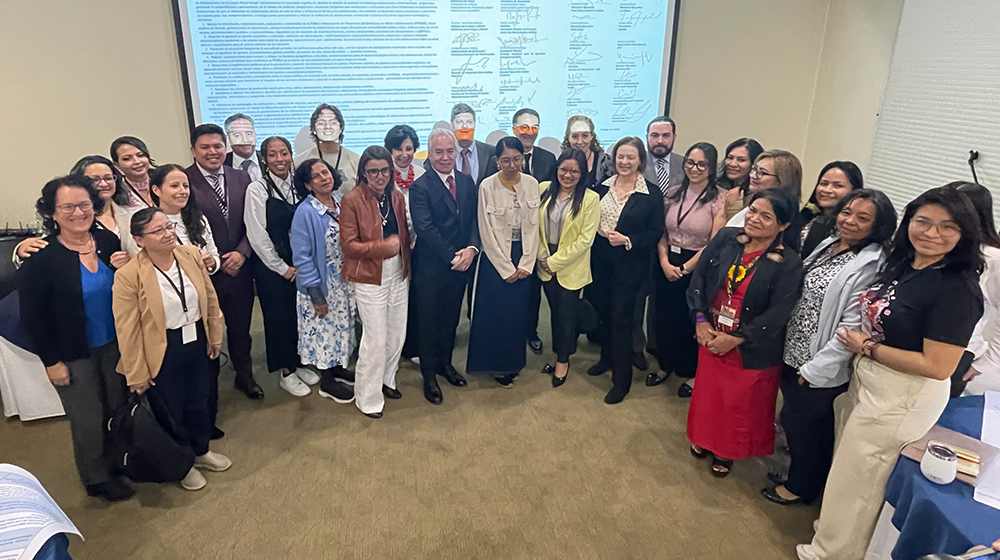
On June 24, 2024, a Dialogue for a Zero-Teenage-Pregnancy Ecuador was held, creating a space for broad and inclusive conversation about preventing adolescent pregnancy. The goal is to foster a shared understanding of the issue and unite efforts from various sectors of society, including the national government, international cooperation, civil society organizations, academia, and adolescent and youth groups, to achieve the goal of zero teenage pregnancies in Ecuador.
This dialogue aims to:
- Assess the current state of implementation of the PIPENA policy from various perspectives.
- Identify effective initiatives to prevent adolescent pregnancy.
- Identify opportunities and challenges in preventing adolescent pregnancy.
- Sign a Social Pact to strengthen the implementation of PIPENA.
What does this dialogue represent?
Teenage pregnancy is a complex issue requiring a comprehensive and multi-sectoral approach. The Dialogue for a Zero-Teenage-Pregnancy Ecuador represents a significant step towards building a country where adolescents can fully exercise their rights, including making free and informed decisions about their sexuality.
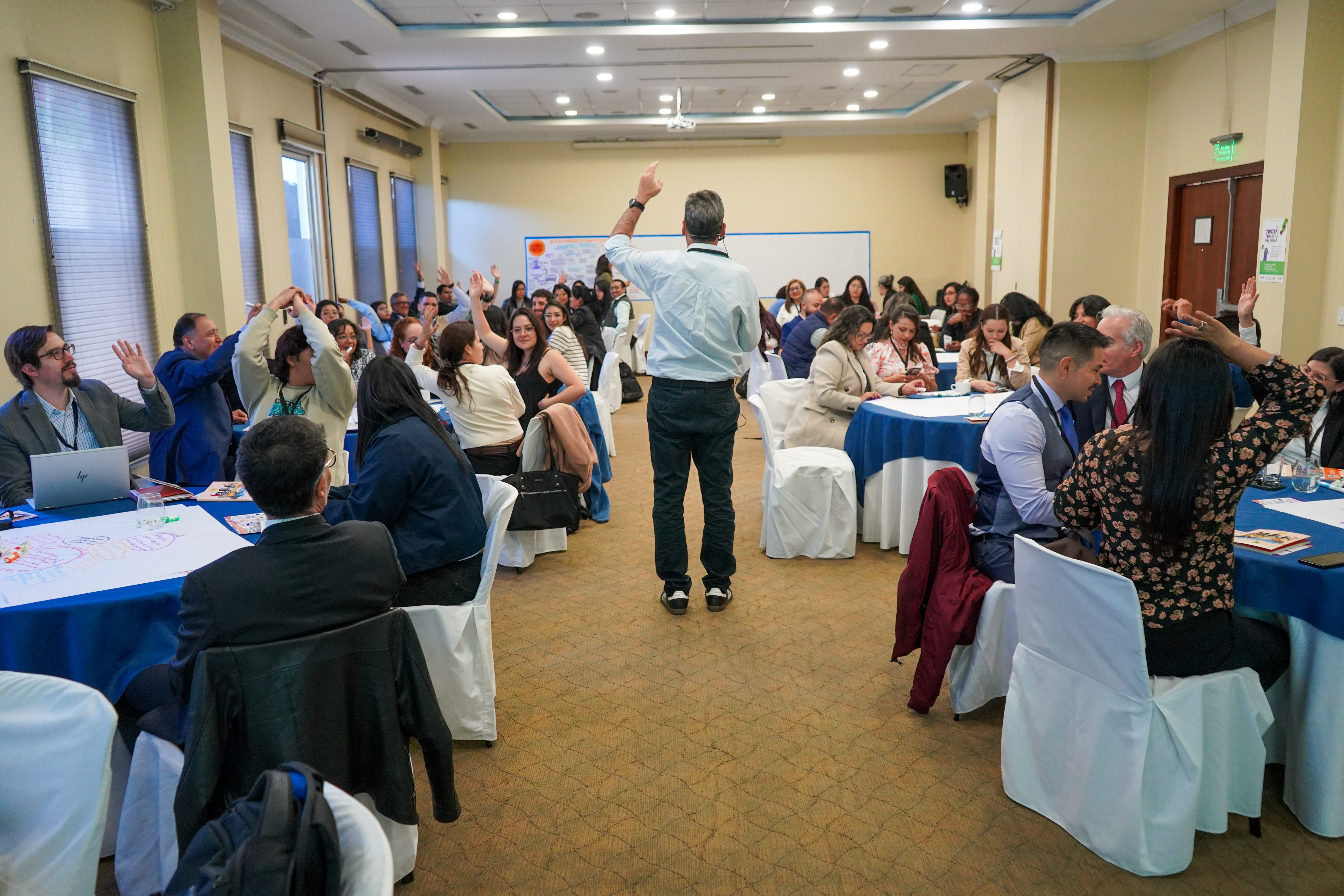
En el diálogo participan personas e instituciones comprometidas con la protección de los derechos de las niñas y adolescentes quienes contribuirán a la construcción de un Ecuador comprometido con erradicar los embarazos en adolescentes.
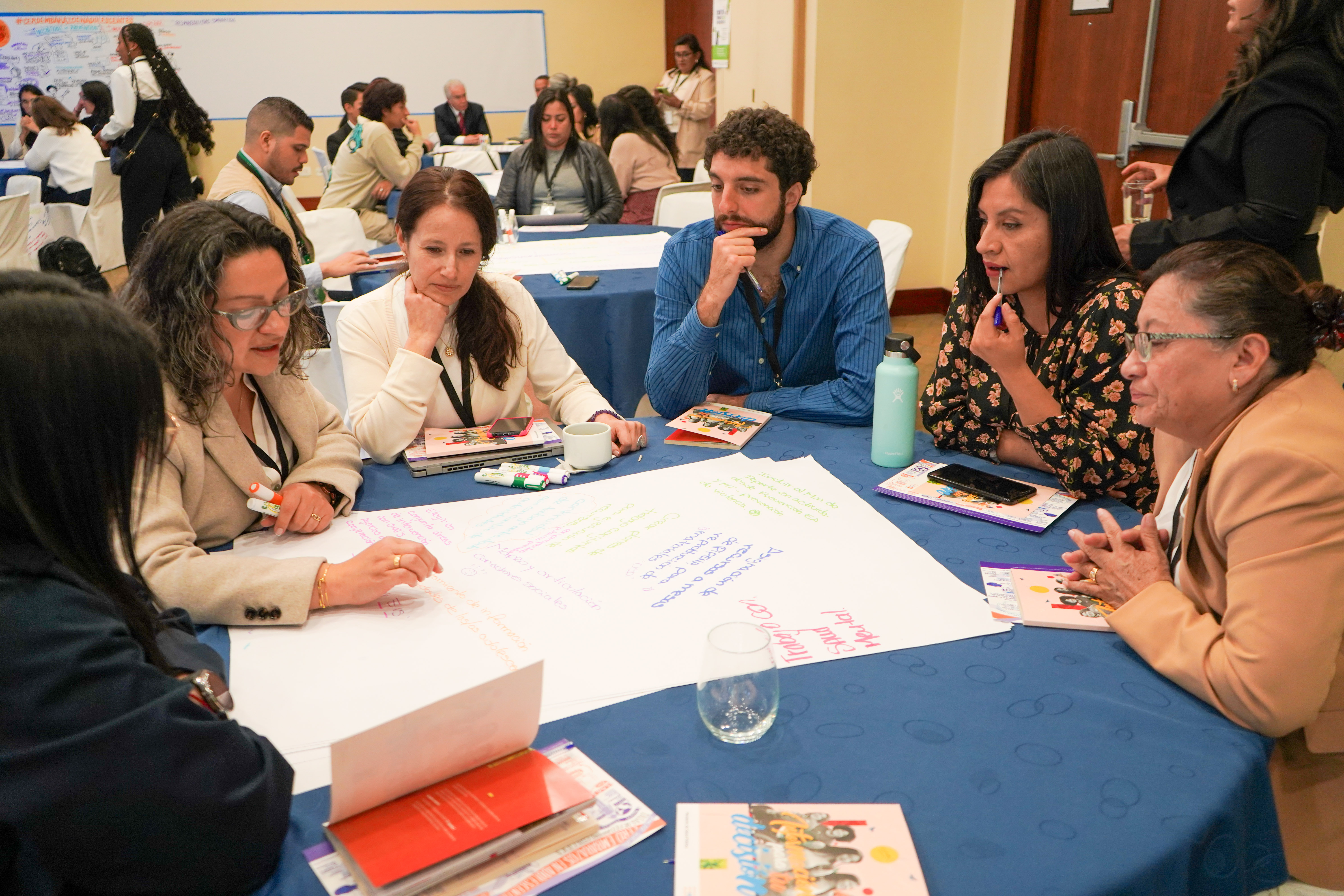
En el evento participó personal del Despacho de la Primera Dama, Ministerio de Salud, Ministerio de Educación, Ministerio de Inclusión Económica y Social, Ministerio de la Mujer y Derechos Humanos, Consejo Nacional para la Igualdad Intergeneracional, Consejo Nacional para la Igualdad de Género, Secretaría Técnica Ecuador Crece Sin Desnutrición, CEPAM, Fundación Pachamama, Surkuna, Fundación Rivera, Plan International, Childfund, World Vision, ONU Ecuador, UNFPA, UNICEF, Onu Mujeres, UNESCO, PMA, OIM, Federación Shuar, Casa Amiga Puerta Violeta, Movimiento Por Ser Niñas, Rodna, DYA, Organon, FENOE, Carrera de Obstetricia, Movihlízate, entre otras.
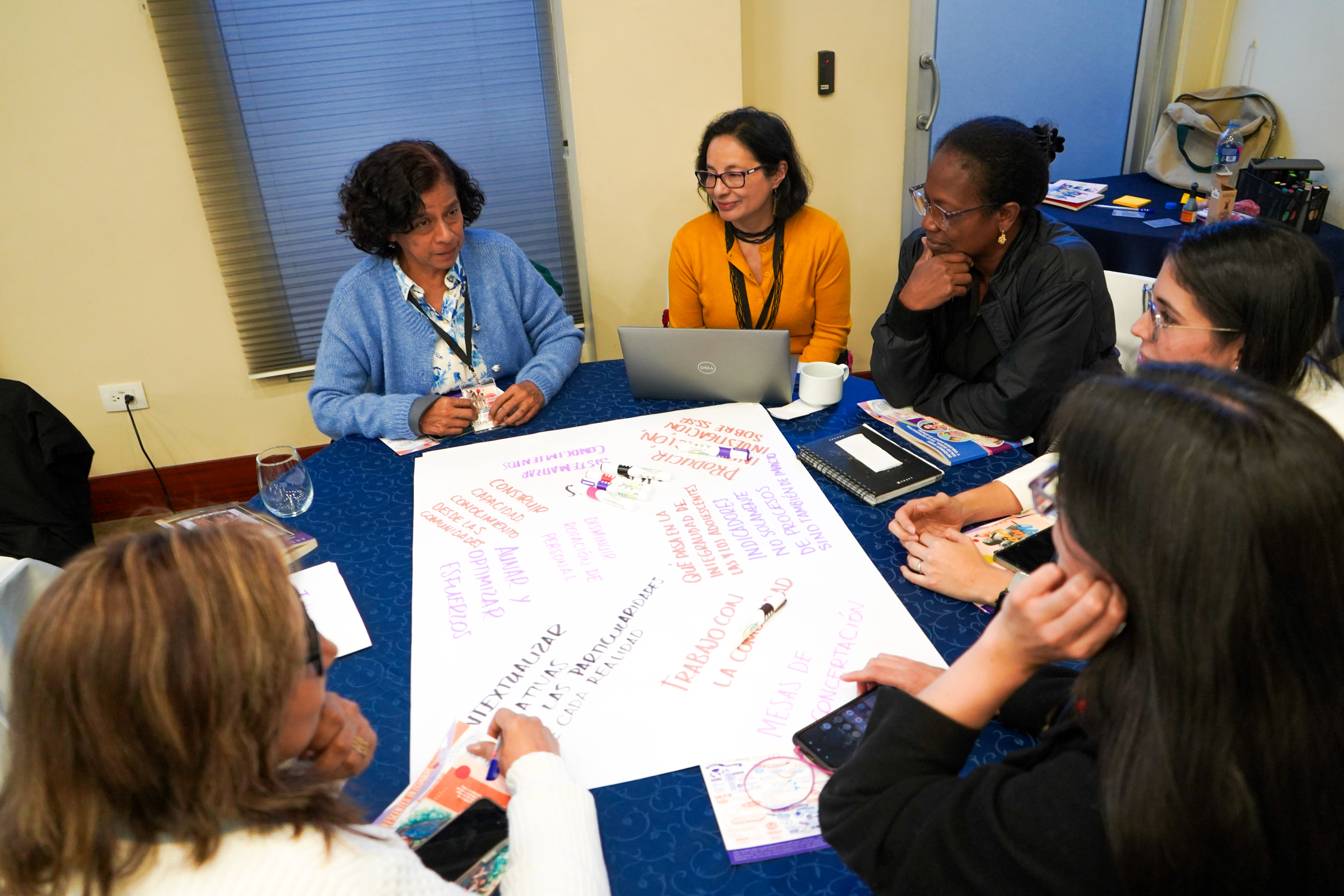
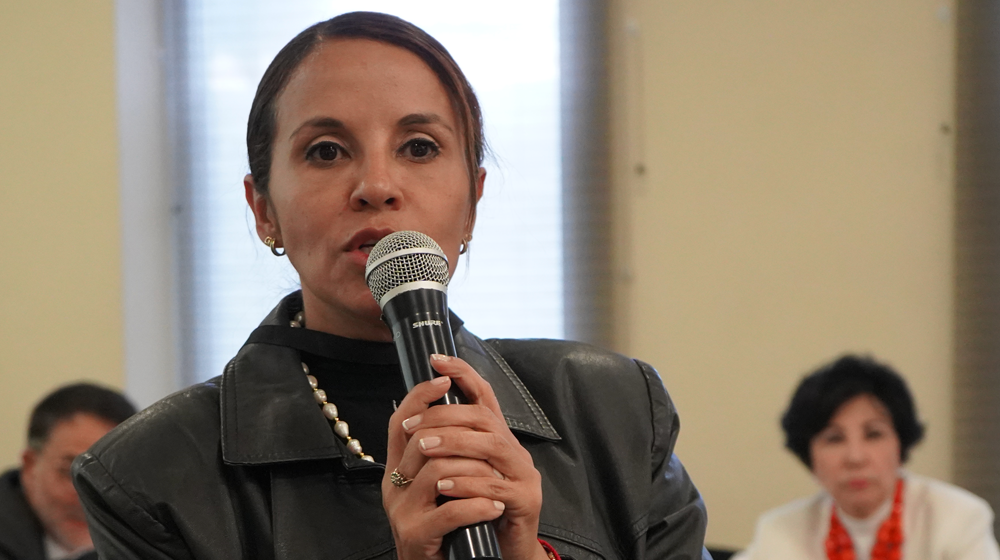
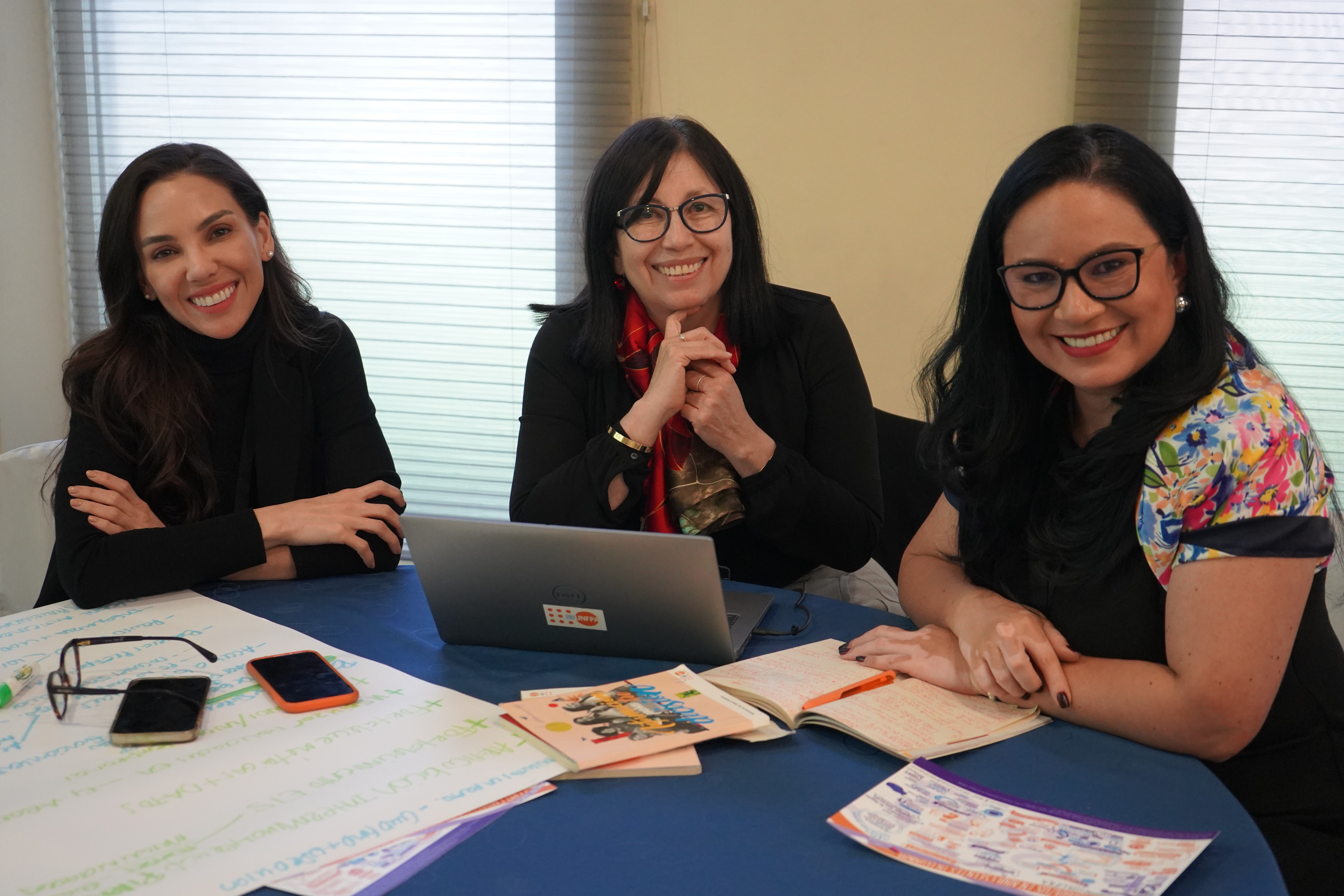
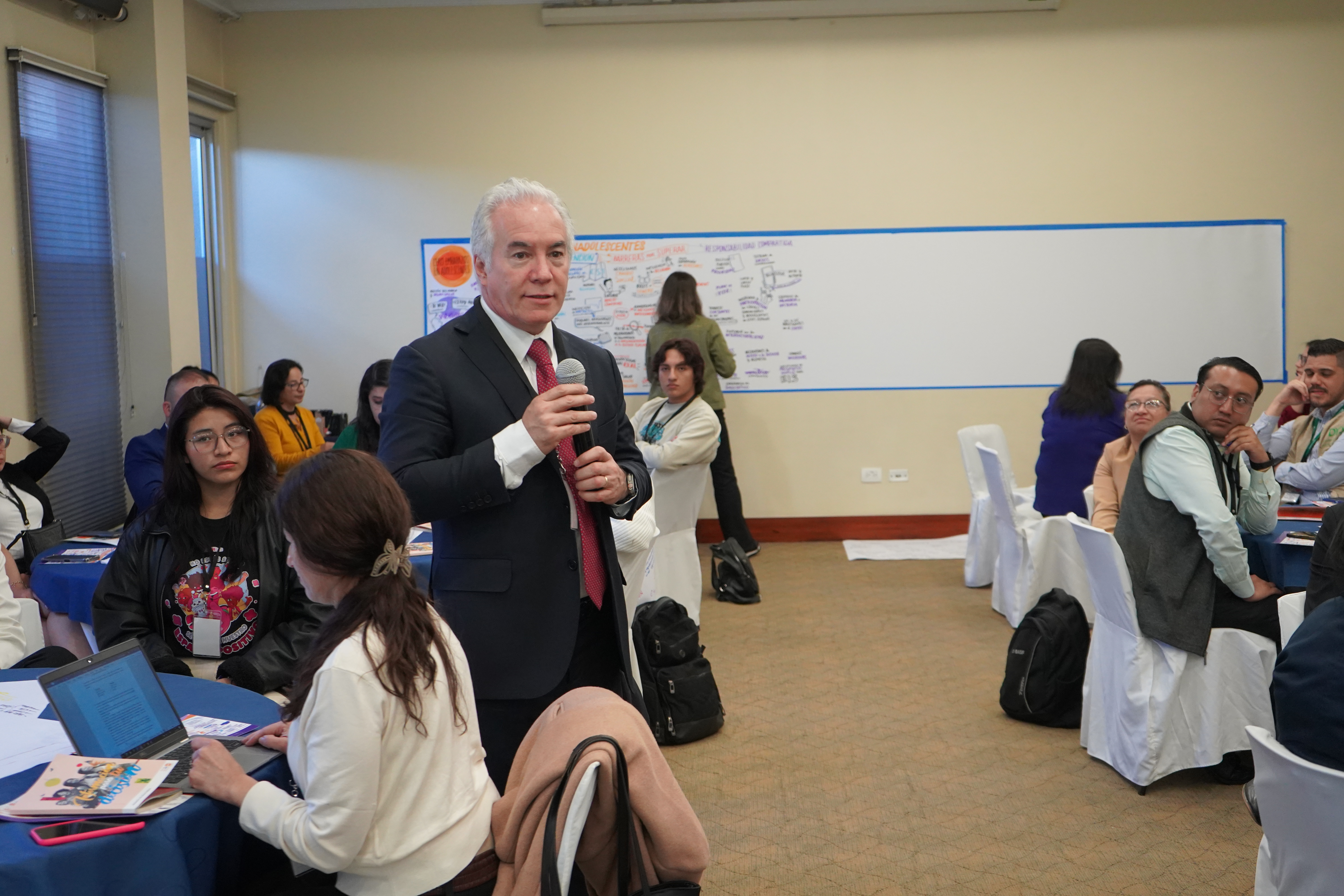
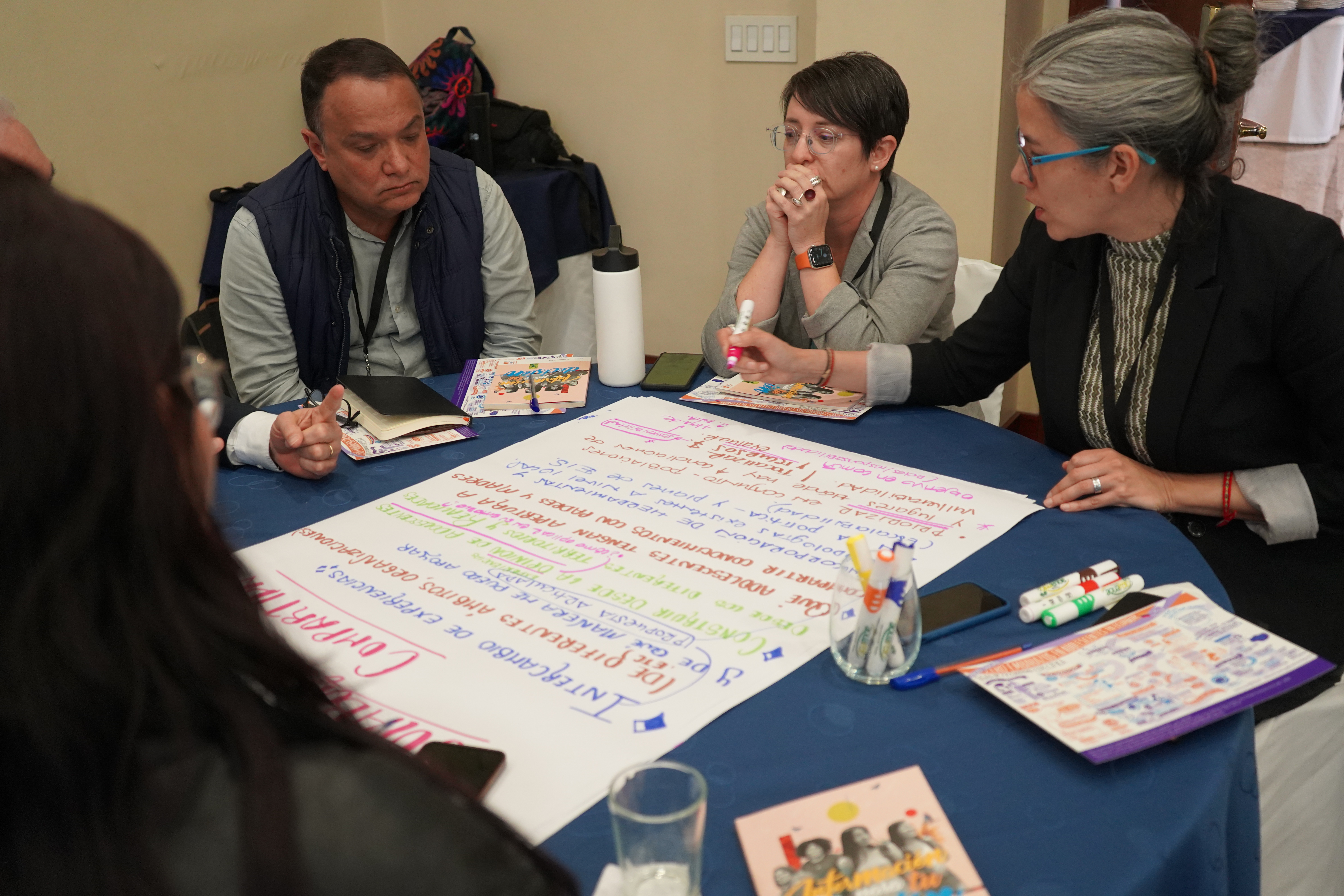
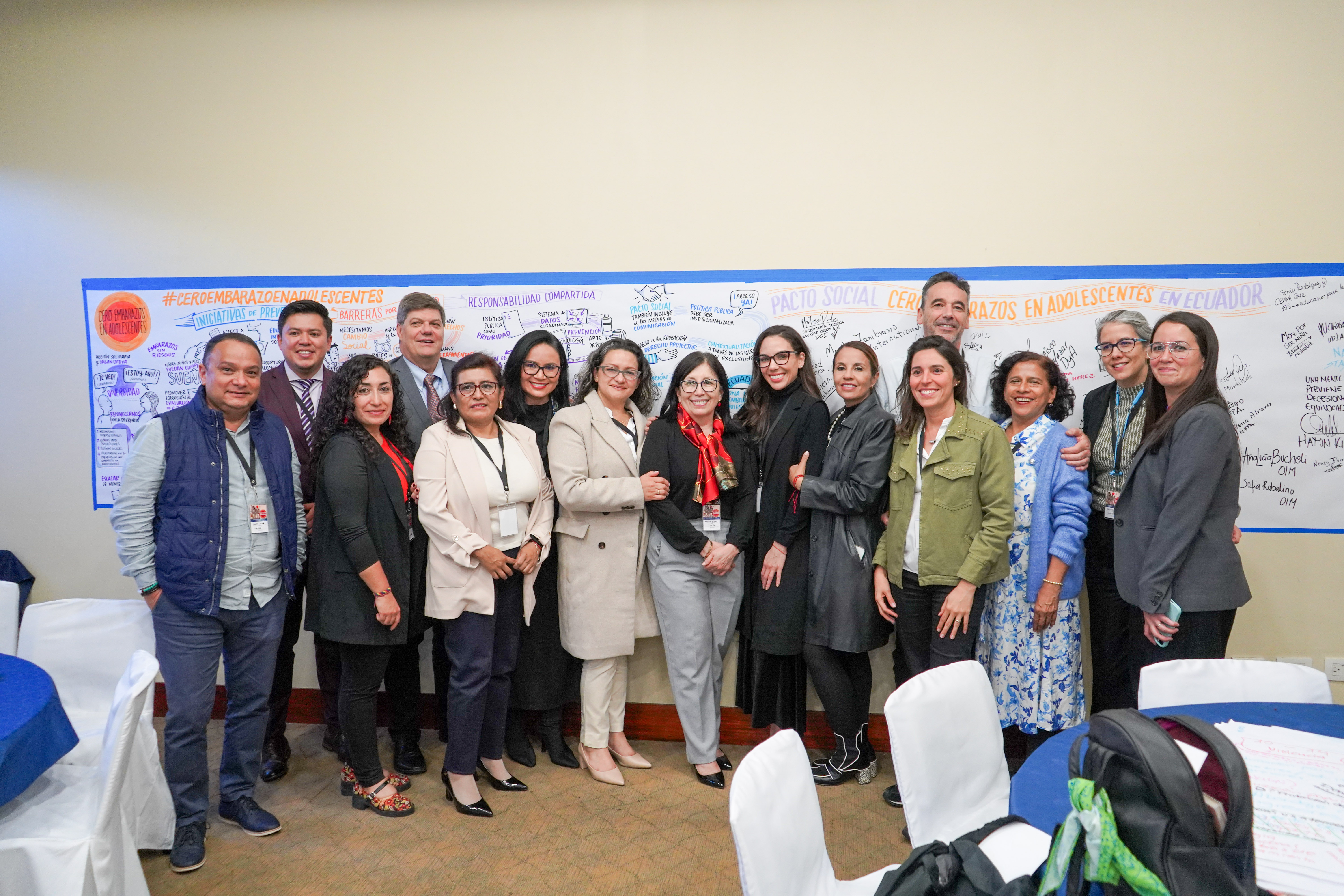
* Registro estadístico de hechos vitales, 2023 (INEC).

